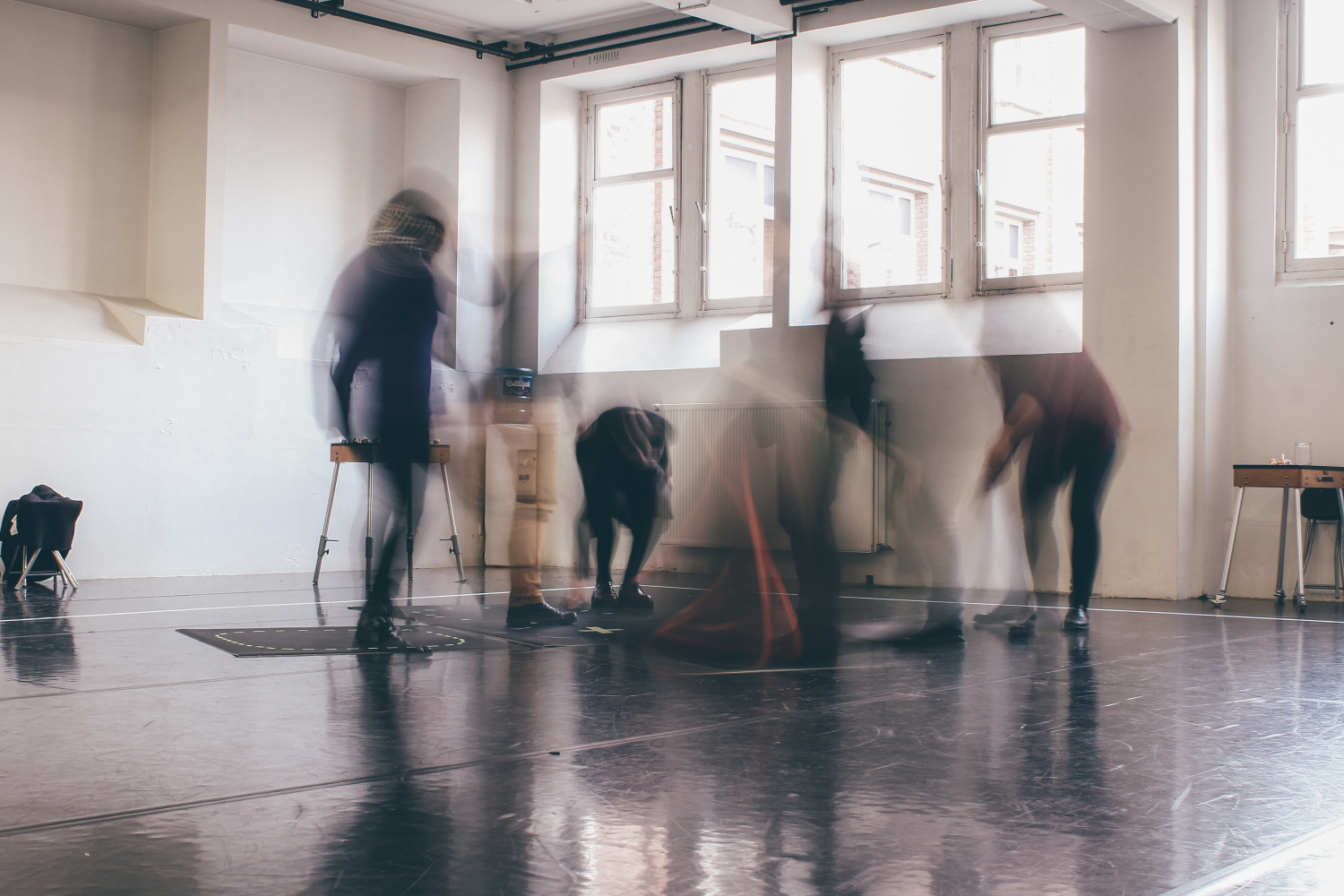

In this Atelier organised by STUK, we examied how artists and more in particular choreographers, relate to the theme of Utopia today. What strategies do they employ in depicting a possible future together? Can embodied practices play a role in achieving that picture? And how can elements of participation and co-creation be used to further engage the public in this process?

Every two years, one new project
Every two years, KU(N)ST Leuven, an initiative of the KU Leuven University and the City of Leuven, presents a citywide project centred on a specific theme in which art and academia nurture each other. After the 2015 edition’s focus on Vesalius, the attention turns on Thomas More. An appropiate timing since 2016 marked exactly 500 years since More published his celebrated book Utopia in Leuven. For three months, Leuven was in the grip of Utopia. The festival brings together a wide range of cultural partners in Leuven and presents an array of exhibitions, city walks, lectures, performances and community projects.
Within this unique framework, STUK-House for Dance, Image and Sound examined how artists and more in particular choreographers, relate to the theme of Utopia today. What strategies do they employ in depicting a possible future together? Can embodied practices play a role in achieving that picture? And how can elements of participation and co-creation be used to further engage the public in this process?
An exploration of art in public space, from the perspective of dance
The Atelier included a presentation by Steven Vandervelden, General and Artistic Director of the dancehouse, of the community projects of STUK Leuven under the label Common Ground.
This presentation was recorded in audio, and you can access it here. The information here below works as a written guide supporting the audio recording.
After a presentation of STUK, the project and the context of the city, Vandervelden introduced the Common Ground series. Between 2006 and 2010 there was an increase of proposals for public space reflecting in social participation (above all from visual arts). Examples:
Taking into account these examples, the artistic team of STUK started a research. The main questions appeared were:
The artists were asked to develop projects scaled to Leuven, taking into account the local reality and the human conditions. Projects needed to connect or disrupt, provide an image with an impact, reach an extra audience and have the power of storytelling.
Between 2011 and 2013 STUK developed 11 projects under this label. Some examples: